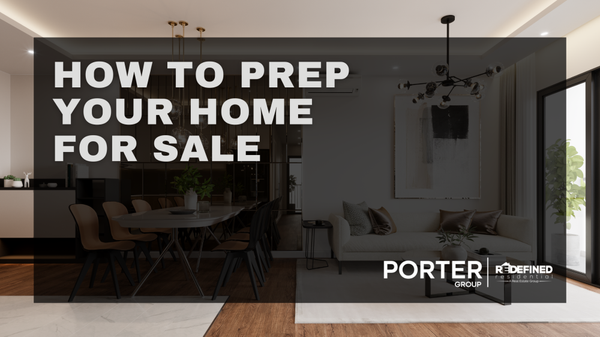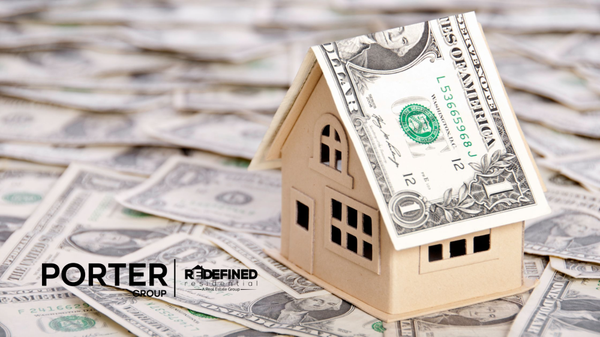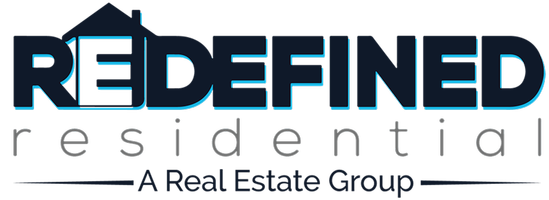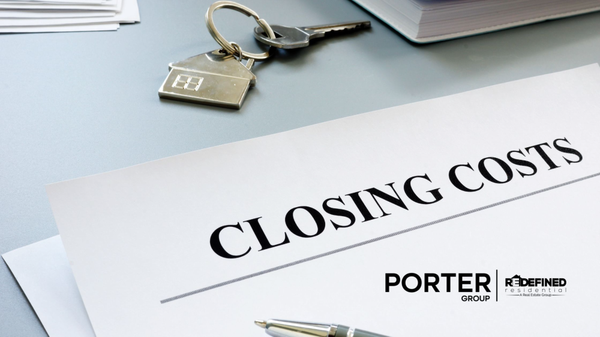
The Ultimate Guide to Understanding Closing Costs in Real Estate
It's crucial to plan ahead before buying a home. While the majority of buyers think about how much money they will need to set aside for a down payment, many are surprised by the closing charges they must pay. You need to know what closing expenses are and how much you should budget for them so that

Why Pricing Your House Appropriately Matters
Last year, the housing market slowed down in response to higher mortgage rates, and that had an impact on home prices. If you’re thinking of selling your house soon, that means you’ll want to adjust your expectations accordingly. In a more moderate market, how you price your house will make a big di
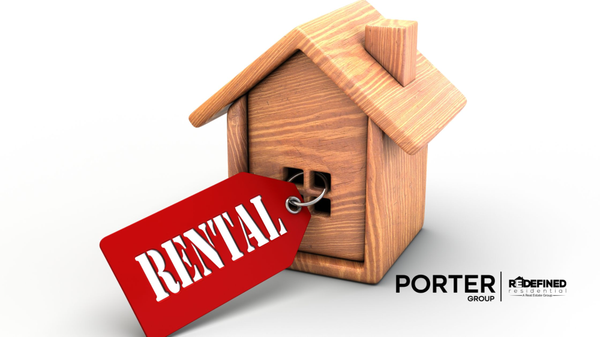
Avoid the Rental Trap in 2023
If you’re a renter, you likely face an important decision every year: renew your current lease, start a new one, or buy a home. This year is no different. But before you dive too deeply into your options, it helps to understand the true costs of renting moving forward. In the past year, both current
Categories
Recent Posts




